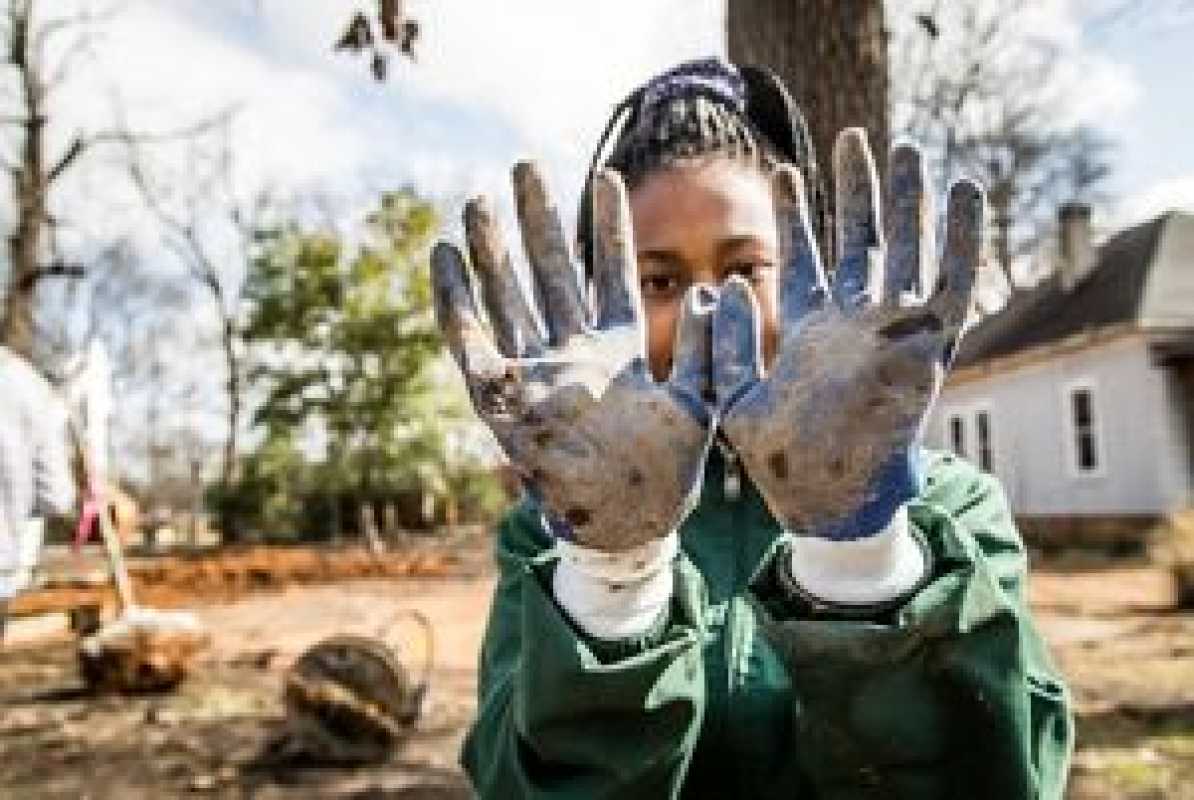World
Empowering Young Changemakers to Shape the Future

Every day, decisions about the future of communities, countries, and the planet are made. Young people are often excluded from these decisions, leading to a crisis of youth mistrust in others and the future.
The World Economic Forum aims to empower 50 young innovators and activists at this year’s Annual Meeting in Davos, Switzerland. These changemakers from diverse backgrounds will bring tangible solutions and calls for action to world leaders.
One major focus for young changemakers is addressing the biodiversity and climate crises. They urge world leaders to reduce emissions, honor financial commitments, and transition to clean energy that creates jobs. They emphasize the need for empathy, accountability, and urgent action, including investing in nature-based solutions and protecting at least 30% of the planet’s land and water by 2023.
Another area of concern is the digital divide and the challenges posed by emerging technologies. Young people emphasize the importance of developing digital literacy, sharing data openly, and safeguarding online security. They call for an open, free, and secure digital future, where all individuals are connected to the internet by 2030 and underrepresented groups have an equal role in designing and governing new technologies.
The economic outlook for young people has been hindered by global recessions and the pandemic, resulting in increased youth unemployment and limited access to decent jobs and housing. Young changemakers advocate for a culture of continuous learning and adaptability to equip young people with the necessary skills to thrive in an ever-changing job market. They highlight the transformative power of technology, the need to re-evaluate traditional education, and the importance of targeted, high-quality learning approaches.
Proper Nouns: World Economic Forum, Davos, Switzerland, Baras, Rizal, Philippines, Masungi Georeserve, Tunisia, Rwanda, Canada, Mexico, Brazil, Fourth Industrial Revolution, United Kingdom, Amazon, Venezuela, Brazil, Germany, Czech Republic, United Arab Emirates, Washington DC, Nigeria, Afghanistan












